Thyroid eye disease is a rare eye condition with few treatment options. Veronica has lived with it for 20 years and shares her story...... Read more >
Tanya Hall: COVID-19 would make my heart condition worse
Tanya Hall: COVID-19 would make my heart condition worse
“If I did get COVID-19, it would put pressure on my heart. The benefits of having the vaccine far outweighed the risks for me.”
by Rosemary Ainley, 12 November 2021
Tanya Hall is 45 and lives with congenital heart disease and arrhythmias. Throughout her life, she has had to weigh up the risks and benefits of treatment options, so she approached her decision to receive the COVID-19 vaccine the same way.
Tanya was born with a hole in her heart and had her first operation at nine years old. For some children born with this condition, the hole can close up on its own, but Tanya’s just kept getting bigger. As she approached her 20s and early 30s, things got progressively worse. She had several arrhythmia problems and was in and out of hospital for three years. If she wasn’t in hospital, she received Hospital in the Home services.
During that time, Tanya looked for information and support to help her manage her heart conditions but soon realised there wasn’t anything available. Instead of giving up, she started her own patient support organisation, hearts4heart. As Tanya explained, “Initially, it was to share information that I had learned along the way but also to provide peer support to patients. Now, we’ve become a national organisation and have expanded to include New Zealand.”
Hearts4Heart now provides peer support services, national awareness campaigns and individual risk assessments (these are done in partnership with hospitals and pharmacies across Australia). Tanya and her team also advocate for better access to therapies and are regularly involved in government health policy reviews.
Tanya’s journey with heart conditions
“For many heart patients, how we feel can be a bit of a roller coaster,” Tanya said. “For example, last year I had three heart procedures. During that time, I couldn’t get off the couch because the moment I stood up my heart went into arrhythmia, so that was incredibly debilitating for me. I couldn’t go for long walks or cook for very long. It was really difficult.”
“Once we got on top of it, which took a couple of attempts with the procedures, I started gaining my strength back. Now, I’m able to go for walks and live somewhat normally,” she added.
Tanya went on to say that a lot of patients tend to go on similar journeys. There will be times when they’re quite debilitated in terms of quality of life and what you can do, especially if you have other health conditions as well. There will also be times the condition is under control and can live somewhat normally.
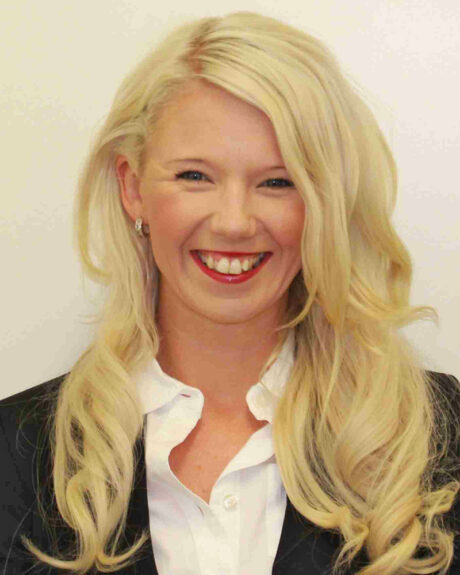
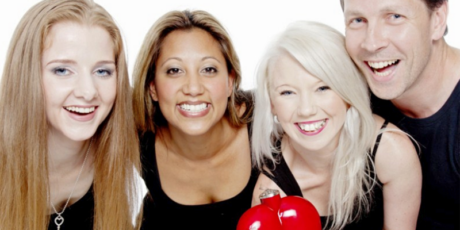

That applies to medications, too. There were times when Tanya was on strong medication which meant she couldn’t go out into the sun. “There were a number of different side effects but, now that I’m doing a lot better, I don’t need to take that medication anymore. It changes at different stages,” she said.
Tanya has had to make many changes to her treatments over time. “Like other chronic conditions, medications can stop working after a while or cause side effects, so it’s a matter of weighing up the risks versus benefits each time,” she added.
Tanya now has a pacemaker implanted to regulate her heartbeat — another decision that she had to consider carefully. Even so, she knows that her current level of health is precious and could change at any time. “It’s one of those things we know can get progressively worse, so it’s important for me to do what I can to keep fit and healthy,” she said.
How COVID-19 can affect people with heart conditions
“If I contracted the virus, my body would be under immense pressure,” said Tanya. “The best way I can explain it is; when we get sick, it generally puts pressure on the heart and that often brings on symptoms. For example, if I get the flu, I will often have more arrhythmias than when I am otherwise well.”
“There are many different types of heart disease so I think it would be important for people to have a conversation with their treating doctors about how COVID-19 would affect them,” Tanya continued.
Tanya was excited when she learned about the COVID-19 vaccines. “I am lucky because I got to sit in a lot of health webinars, and could review the data and understand the vaccine approval process,” she said. That helped her decide to have the vaccine. “There are always going to be risks, whether it’s a new medicine or procedure or therapy. But you look at the benefits and you base your decision on that. The benefits far outweighed the risks of me having the COVID-19 vaccine. Certainly, I feel a lot safer for doing so. I also felt a moral obligation to protect those around me,” she added.
In a video on the Victor Chang Cardiac Research Institute website, cardiologist Professor Bob Graham answered frequently asked questions about the vaccination and the heart. Like Tanya, he also looked at the pros and cons of being vaccinated for COVID-19.
“I would urge you strongly to consider having the vaccine because as I mentioned, the risk-benefit ratio is so much in favour of having the vaccine against not having it. If you don’t have the vaccine and you’ve got a heart problem and you get COVID, your chances of getting serious illness are very much higher than somebody who doesn’t have heart disease, particularly if you’ve got heart function that’s not as good as normal. And they’re the sort of people who’ve got atrial fibrillation, who have had coronary heart disease, who’ve got congenital heart disease, et cetera. They’re the sort of people who should be very much pushing themselves to the front of the queue in getting the vaccine.”
Word of mouth helped Tanya get a vaccination appointment
Tanya knew that she was eligible to be vaccinated for COVID-19 as she is in a high-risk category. Yet, getting access to one was an issue during the supply shortage. “It was frustrating to book in at the time. I couldn’t get through on the 1800 number, but in the end, a friend told me about a GP clinic that was doing them, so I called them” she said. “It was around 40 minutes away from where I live but that was the only way I could get it. It took around three weeks from the booking to the appointment.”
“The set-up was brilliant. They had a marque out the front where people could wait for their appointment and then they went into some little caravans. I didn’t have to wait at all. They had people come in and out quickly, so it was a good experience” she explained. “Patients should ask about parking or places to sit down when they make their appointment if that is an issue for them.”

Getting the jab was worth it
Tanya was excited but also mildly apprehensive about having her vaccinations. “No matter what you do in terms of procedures and medications, there is always an element of wondering what is going to happen. I was relieved to get it done,” she said. “I had a sore arm and a headache, a bit under the weather, but I was fine.”
“Even if my arrhythmias were to flare up with the vaccine, it wouldn’t have really bothered me. Getting COVID-19 would have been a lot worse than me experiencing some symptoms from having the vaccine” she added.
Tanya shared her advice for other people with heart conditions who might still be debating whether to have a COVID-19 vaccine. “I’d say ensure that the information that you’re getting is the right information through credible organisations. Talk to your treating clinician and discuss your risks versus benefits. I haven’t heard of any clinician that has advocated against it.”
Further resources
hearts4heart
Heart Foundation of Australia
Continuity of Care Collaboration
Further reading
Catch the latest news
Read more stories
Learn about our advocacy
Get involved

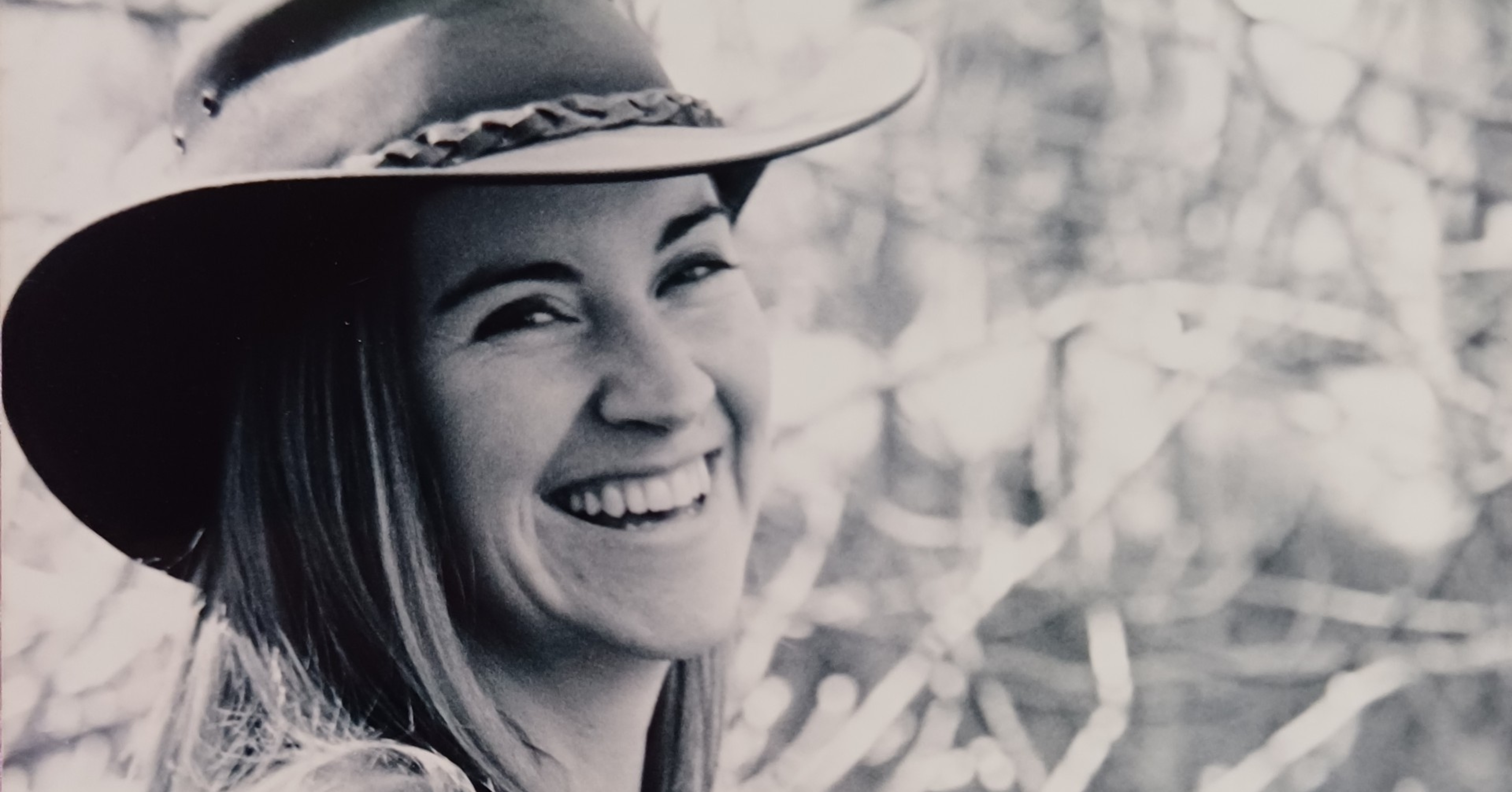
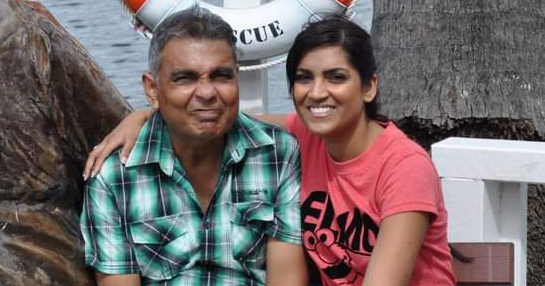
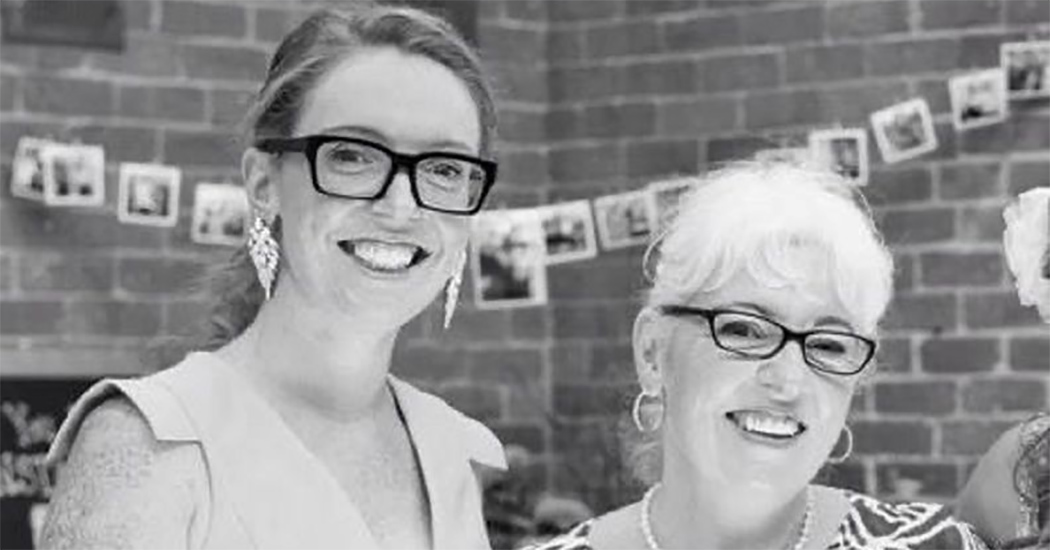
This Post Has 0 Comments